![]()
Non-Conformity is Weird...
And cultish... Or is it?
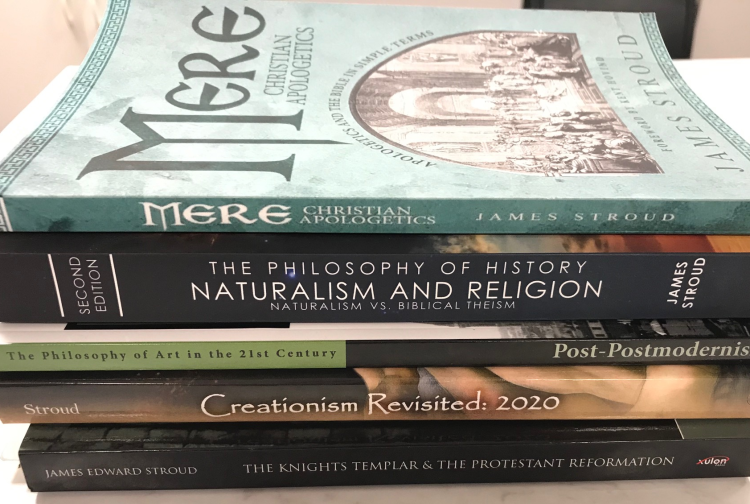
If anyone is worried about where I stand on any number of topics, you are welcome to get any of my books for free or on Amazon. :o) The first one was a very condensed version of my published MA thesis: Mere Christian Apologetics which is only about 200 pages and provides a good overview (and my most popular work). Below that is the drier but much more dense material The Philosophy of History which is my longest work where I tear-down various atheistic arguments to show why Christianity is true. The rest basically serve as an "appendix" greatly expanded. The Philosophy of Art is just that adn my recent work Creationism Revisited 2020 is a work where I simply show why I am an agnostic on the exact topic of "age" of creation (when everything was created) but I show why a recent creation is not nearly as far-fetched as many would insinuate. Lastly, and ironically, I did a very crude work on the Knights Templar and their plausible connection to the Reformation. In this work I also discuss the need for some type of "outposts" to carry Christianity through hard times. Though written a decade ago while living in NYC it is quite comical that many of these concepts are roughly embodied in this "off the grid" L'Abri concept that I am now working on.
![]()
So... Hopefully if you have read through any parts of this site you surely can see that words like "non-conformity" or "cultish" are quite subjective and tells us nothing really. If conformity tells us the earth is flat but we choose to "non-conform", because we have good reasons to believe the earth is spherical or round, do we really want to be "conformist"?
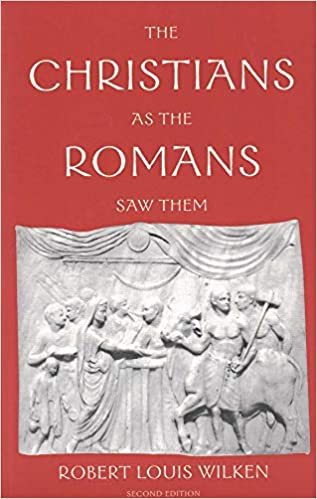
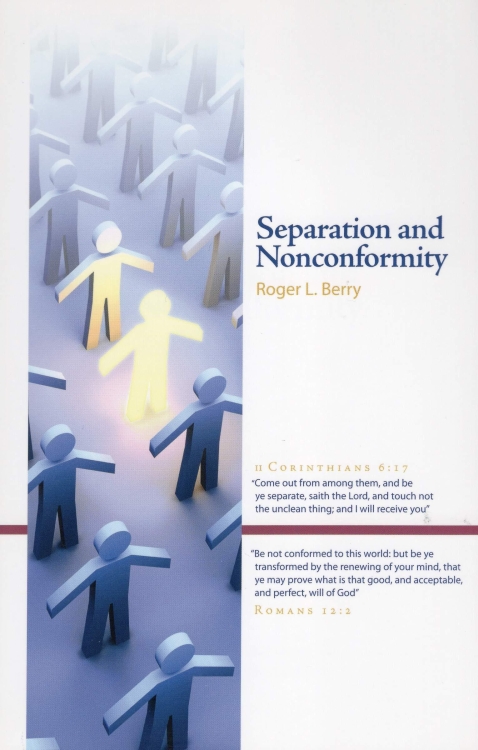
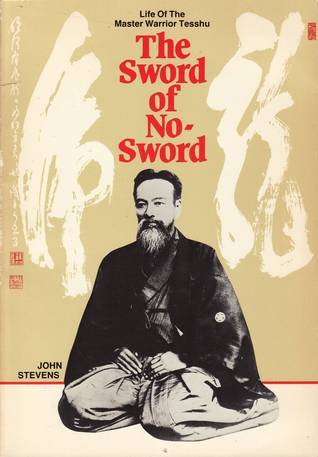

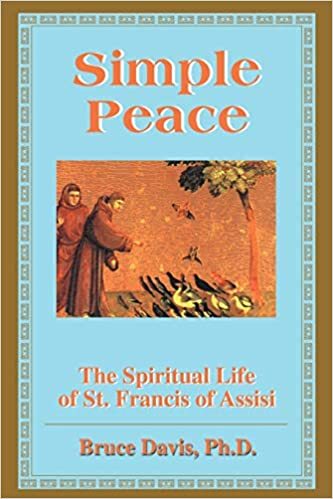
Odd how both the Hebrew and New Testaments seem to support the concept of "non-conformity" as well as history when looking at how such groups as the Romans and Greeks viewed them; while at the same time today's Christians are quick to preach conformity and Christianity without Cross nor Christ.
I have worked at the world's largest company for almost 20 years, I have completed multiple Masters studies (both regionally and nationally accredited), I am quite sane (at least I hope). With this being said I am most alarmed with the fact that a majority of self-proclaimed Christians are not Christians at all and the Bible would seem to support this notion. What I am hoping to do with this little "test" is simply to flush some of these ideas out more. If I am right then Lord willing I will help clear the way for eternity with God but if you (the conforming world) are wrong you will be eternally separated from God. I really do hope and pray this scares us all because it should. Big money, popularity, comfort, etc. means absolutely nothing once you die which we all must do. It is literally insane when I hear people say that me trying to figure some of this out and take a deeper look in the mirror is "weird/cultish" when they on the flip side are wasting every element of their lives and doing so at the cost of eternal separation from God? (What most people call hell)
Again - just food for thought but who really is the more "cultish" if you stop and think about it? Just because the majority walk off a cliff does not make them more "sane" because a majority are doing so.
![]()
What does "non-conformity" even mean today?
Great question - let's look at just a few possibilities in 2021:
- Nonconformity: It is the most effective method stated in Scripture whereby the believer can testify to the world tha the is actually spiritually separated from the world and separated until God through regeneration.
- Both the Old and New Testaments seem full of separation and non-conformity. (Genesis 13:9-18; Leviticus 10-8-10; 11:13; 20:25; Numbers 15:37-41; Deuteronomy 14:2; 18:9-14; Ezekiel 14:1-11; Zephaniah 1:8; Ezra 9:1-4 just to name a handful from the Old/Hebrew Testament.
- The New Testament: Matthew 1:21; John 8:33-40; Acts 2:39-40; Romans 12:1-2; 2 Corinthians 6:14-7; Titus 2:11-14; James 1:27; 1 Peter 1:13-16; 1 John 2:15-17 - again just to name a mere handful.
What is ironic is how many Christians as well as churches seek to assure me (more themselves) that we can be completely Christian and secular at the same time! We can endorse everything of the world and be completely Christ-ian at the same time! What a thought! Sad thing is, I can actually read the Bible for myself as well as study history and it seems they could not be more wrong?
I often see such crazy exegetical gymnastics from church leaders or Christians in bed with the "world" that they will quote to me James 4:4: "You adulterers and adulteresses, know you not that the friendship of the world is enmity with God? Whosoever therefore will be a friend of the world is the enemy of God." As somehow being support for Christians copying the ways of the world? (Similarly they will assure me that "die to yourself" or "carry your cross" simply is hyperbole as is notions against adultery, greed, avarice, sexual abominations, etc.) Indeed in many Christian and preachers I meet today their advice is basically to take the opposite stance of what the Bible says and you will just fine. *Christian indeed... ;o)
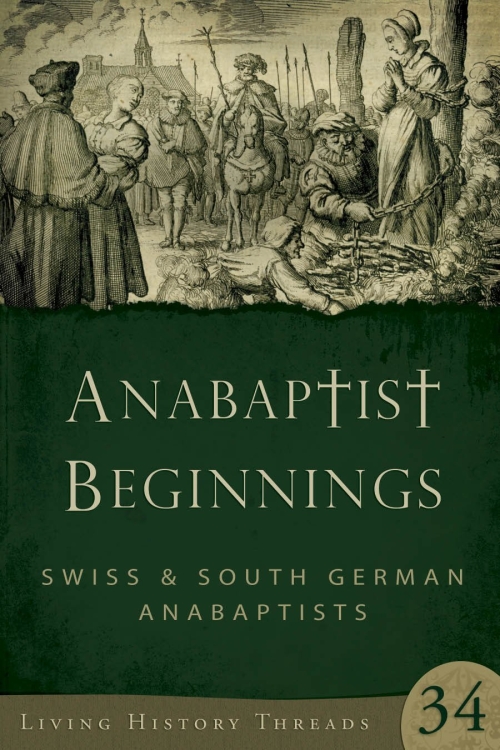
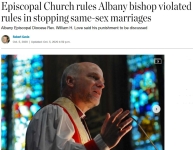

While I am not preaching an Amish-like isolationism (which is not fully biblical either); it seems without question that the 1800s humanism that kepting putting "man" ahead of "God" in every facet of life (and helped birth two World Wars, Nazisim and Communism) grew out of materialistic philosophies that have been largely endorsed by both lay Christians as well as clergy. If this is even a possibility and IF we are really followers of Christ, then how can we be okay with this? Am I being a zealot or am I merely attempting to be a biblical Christian? It seems what is called a zealot or fundamentalist today is simply someone who tries to follow Christ and not be conformed to the world?
While I readily admit that I do not know exactly what this should look like, what I can say is that perhaps a form of "counter-culture/anti-governmental/anti-Marxist" type of agorism might be something at least closer to what we see in the Book of Acts than anything else? Again - I'm fine being proven wrong but being a fake-Christian (think of Nietzsche's concept of "slave morality") is overtly false and unhelpful to anyone.

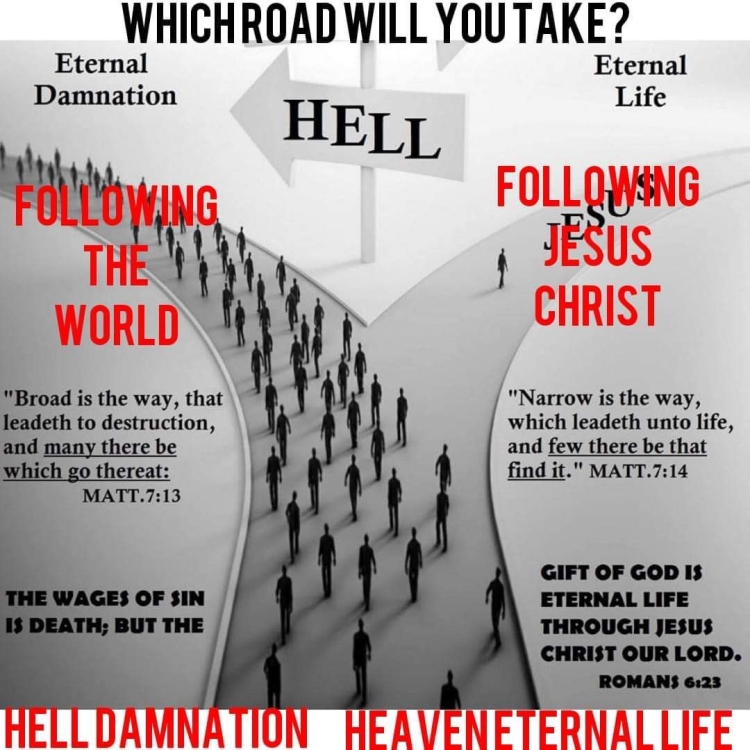
I know this sounds harsh, blunt and scary but how could I do anything less? If you simply say: "well... MY god would never be so mean!" Then I must challenge you if your "god" is the God of the Bible? Take this serious folks... I don't know how else I can put it. This is what I am trying to do here; to rethink and prayerfully live reality as a Christian, not just give lip-service to it.
What's ironic is noted atheist Penn Jillette seems to understand the seriousness of Christianity more than most nominal Christians I meet as he describes beautifully in the short video above. In like manner, consider the two visionaries below.
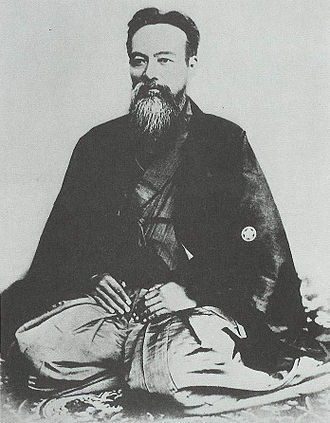
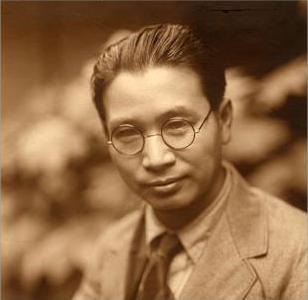
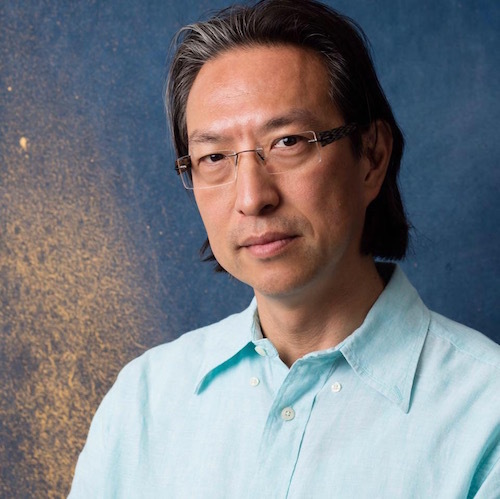
Yamaoka Tesshū (1836-1888), Toyohiko Kagawa (1888-1960) and Makoto Fujimura (b. 1960).
I find it remarkable to think that Kagawa was 9 days old when Tesshu died and Fujimura (who we have discussed already) was born the year Kagawa died. All three have greatly influenced me in different ways; so ironic that I just realized each one died in the proceeding ones birth. Though their lives seem to have little in common, what they do have is their understanding of non-conformity. Tesshu grew up in the last century of the Samurai and when Christianity was illegal while Kagawa grew up well after the Samurai class was abolished but through two world wars. Consider just these two bullets:
- Tesshu studied the art of swordsmanship thoroughly until the morning of March 30, 1880, at the age of 45, when he became enlightened while in meditation. From this point on, Yamaoka worked to maintain a dojo for his style of combat known as "no-sword" — the point in which a samurai realizes that there is no enemy and that purity of the style is all that is needed. He is famous for his range of Zen art works.
- Kagawa was a Japanese Christian pacifist, Christian reformer, and labour activist. Kagawa wrote, spoke, and worked at length on ways to employ Christian principles in the ordering of society and in cooperatives. His vocation to help the poor led him to live among them. He advocated for women's suffrage and promoted a peaceful foreign policy.
Both were advocates of "non-violence" though they lived in very militant times. Also they both were human and even animal rights advocates with Tesshu never turning away a deserving person from his door; similarly once he heard that homeless dogs were being clubbed to death in Tokyo he began hanging name tags on every he came across and taking many of them into his care. Though a warrior and Samurai he refused to take a life and only carried a wooden sword with him. Kagawa's Christian worldview was at the heart of everything he did. From women's suffrage, peace and reconciliation with countries Japan pillaged during war to his economic work to help the poor; all were based on his observation of the reality of Christ. (A point he understood more than most Western Christians of his day as well as ours today). Lastly they were both noted artists and poets.
What about the majority that just followed the status quo? Only God knows I suppose but those who were seen as "odd" for being non-conformists were really the enlightened ones simply for pursuing truth and reality. Kagawa saw this perfectly through Christ and I believe Tesshu would have as well based on his actions and life had Christianity even been an option in 19th century Japan.


Why use these two examples? Several reasons. Partially because of my work with the persecuted church as well as how some hidden Christian groups flourished underground (or did not). Christianity never fully took root in Japan but it has in China and even did under the Vikings in Ireland and Scotland which begs the question: "Why didn't it in Japan?" A question still not fully understood today but I feel that Japan still has a lesson to teach us as well as the future church perhaps. Moreover this non-violent yet warrior-heart falls right in-line with concepts already discussed such as John Eldredge's Wild at Heart and his wife's Captivating. Perhaps we will add both a Zen (yet Christian) garden as well as dojo to further explore this? ;o) Who knows? But we will follow where the Lord leads and I do not see this being in "conformity" or "compromise".

And "YES" - following Tesshu, Francis of Assisi, Curly from the 3 stooges and countless others; we will (Lord willing) have an additional focus on ecology, dogs, wildlife/nature preserve and more. Did you say: "Mile wide and an inch deep"? You may be right. But again it will not be conformed to the world; and hopefully it will be in the words of Francis/Edith Schaeffer: "An authentic example of living in the reality of Christ" and thereby hopefully point more to Him. :o)
It is interesting how we can hear God if we just listen and don't force it. Also it's funny how I (or anyone) can easily show that "politically correct" notions like pluralism or relativism are false but at the same time we can learn so much from diversity and other cultures. For example, the English author CS Lewis wrote one of the best books around on the basics of Christianity and what it is (that practically all groups would agree with at the macro-level) while the relatively unknown lay Japanese person known by Kurosaki wrote as beautiful of an expose on why Christianity did not take root in Japan because it needed a form of what Lewis' Mere Christianity provided. Lastly, I have worked with Dr. Subodh Pandit of India since 2008 and am currently a member of the board of directors for his Come Search with Me ministry. Dr. Pandit basically tells his story of searching if there is a God for 10 years and then spent another 10 years figuring out what God this was. At the conclusion the only one that fits the bill is the God of Christianity.
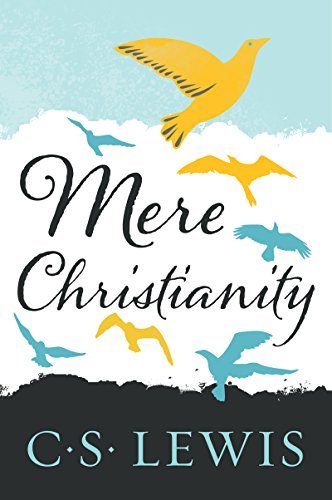

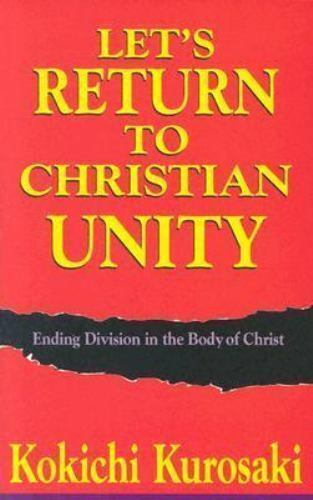
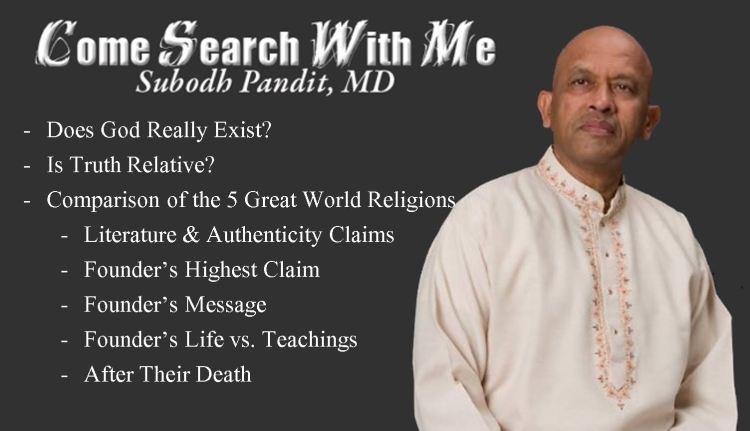
Dr. Pandit also says the notion of pluralism and relativism are completely self-refuting. Is it odd or offensive for him to say this? Is it odd for someone to say "2+2=4" just for you but not for them? Of course it is. Likewise if Christianity is true it is true for everyone and whether you are Lewis, Kurosaki, Pandit or countless others throughout time, all would agree with this truth. Sadly we see various persons like Alan Watts (switch from Christianity to Zen) or Bede Griffiths (too much Hinduism over Christianity) when you could have avoided any notion of pluralism/relativism/paganism and yet appreciated what these unique cultures and concepts offer BUT not budged on Christ as the complete and total foundation. Again I am quite orthodox as all my writings attest, but I am also not locked into presentism or church-ianity (which are often not biblical). Similar to L'Abri, we hope to have a variety of diverse speakers come periodically and walk through their stories here "off the grid".

Another disturbing factor has been the continual dropping of IQ rates at an alarming rate. Most estimates posit that we are averaging an IQ drop of 7 points per generation. If the 7 points maintains (unlike the graph above), average IQ levels will be much less tan the 83 they are showing by 2110 but instead closer to 70. This lack of family, critical thinking skills, and finding existential meaning (with Christ as a foundation) is a large part of why this notion of "off the grid" even took form in the first place. *But never underestimate this is based on God's guidance through the Spirit not any man-made decision me or anyone else made. Relying on the Holy Spirit is paramount and something Christians today have largely forgotten or neglected (myself included). Maybe this whole thing will be a mistake but it will be an adventure no matter what and might actually serve as a catalyst to help others as a type of "outpost". An outpost like some of the ones of old that helped weather the various storms of the past that we may found ourselves in soon enough.
A glimpse of Dr. Pandit's "Search Seminar".